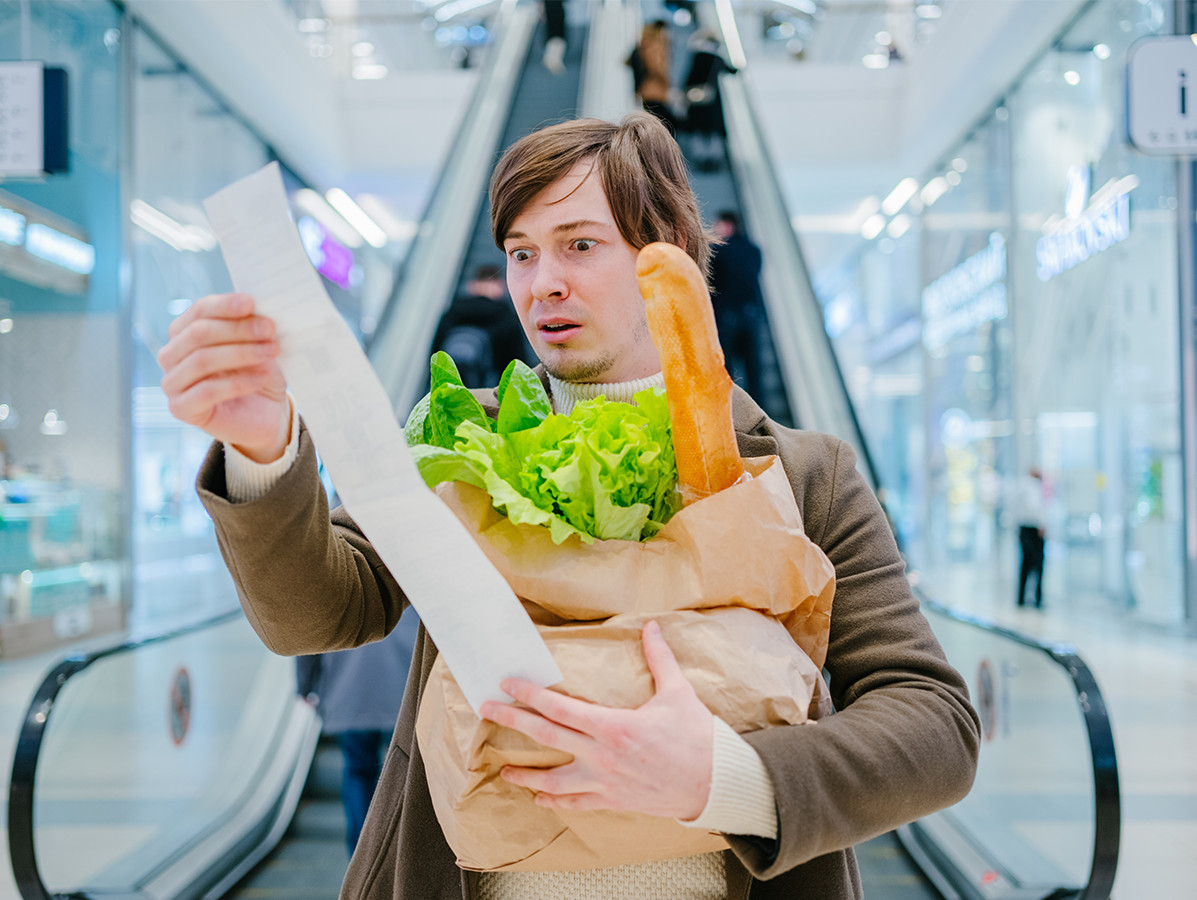
Sharply rising costs and high uncertainty on the sales side are creating extraordinary times in the food industry. In the short term, inflation and a possible recession are the main strategic issues for many food entrepreneurs. Downtrading - buying cheaper products in cheaper channels - is now also reflected in the figures.
Market research firm IRI said that the market share of hard discount in the Netherlands rose by 0.6 percentage points to 15.3%. In the supermarket world, this is a huge difference. More private brands are being sold and in some categories consumers simply buy less.
Once awareness grows that the higher gas and energy bills are going to effect their wallets, and when the higher advance payments are actually taken off the bill every month, more consumers will keep an even closer eye on their spending patterns. RaboResearch economists reckon a drop of perhaps 10% in the average disposable income in the Netherlands. In historical perspective, this is unprecedented. So the real shift in consumer demand is still expected to come in the coming months.
"If supermarkets maintain their efforts to keep consumer price inflation under control, it will be difficult for manufacturers to get their increased cost levels covered. More manufacturers may then be forced to (temporarily) cease production as costs no longer outweigh revenues," the economists argue.
If food retailers do pass on the cost increases to consumers, they will further change their purchasing behaviour. This will have unpleasant consequences for different product categories and sales channels and will eventually trickle down to food producers, the economists say.
Source: Rabobank
Source: ©Shutterstock.com\pero studio